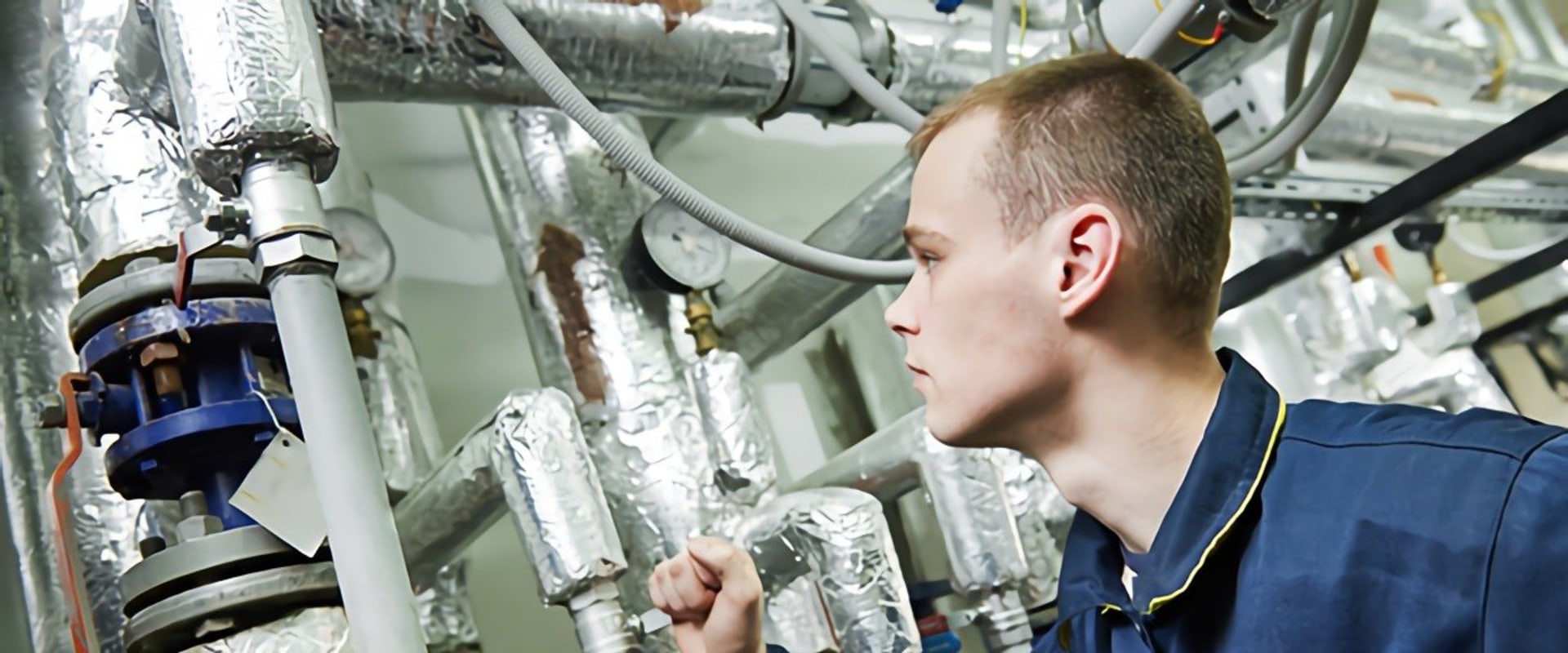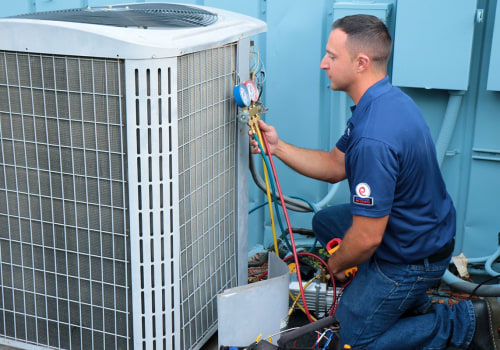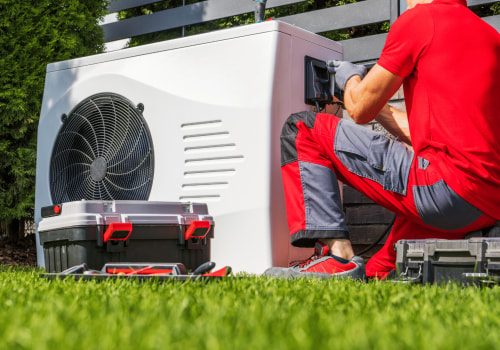If you're looking to become a successful HVAC maintenance engineer, you need to possess a range of technical and interpersonal skills. A strong background in mathematics and science is essential, as is an understanding of thermodynamics and its applications in air conditioning systems. Additionally, you should have excellent attention to detail, good customer service skills, logical thinking abilities, and the capacity to take initiative. Thermodynamics plays a major role in the design and operation of air conditioning systems.
By applying the principles of thermodynamics to environmental factors such as temperature, humidity, and altitude, engineers can optimize system design for maximum efficiency and effectiveness. An understanding of thermodynamics also allows engineers to identify problems in existing systems and make recommendations to improve them. As an HVAC technician, you'll be responsible for the repair, installation, and maintenance of heating, ventilation, air conditioning, and refrigeration units in residential and commercial buildings. Automation makes it possible to increase the efficiency of air conditioning systems by automating tasks such as scheduling maintenance or adjusting the temperature depending on occupancy. In conclusion, becoming an HVAC maintenance engineer requires a range of technical and interpersonal skills.
A solid foundation in math and science is essential, as is an understanding of thermodynamics and its applications in air conditioning systems. Additionally, you should have excellent attention to detail, good customer service skills, logical thinking skills, and the ability to use initiative.




